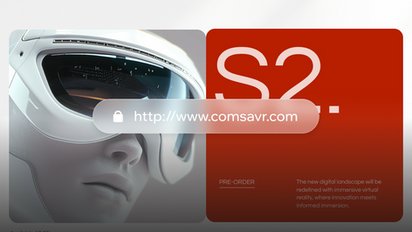Quick Woocommerce Product Front End Delete Guide
Woocommerce Product Front End Delete Challenges
Woocommerce Product Front End Delete
Search Engine Optimization (SEO) is a crucial aspect of marketing in today’s digital world. In order to get your website noticed by search engines like Google, Bing, and Yahoo, you need to understand and implement SEO techniques. This SEO marketing tutorial will guide you through the basics of SEO, helping you drive traffic to your website and improve your online presence.

Woocommerce Product Front End Delete
Woocommerce Product Front End Delete
A random website generator is a tool that randomly selects a website for you to visit. It can be a great way to discover new and exciting content that you may not have come across otherwise. These generators can be found online, and with just a click of a button, you can be taken to a new website in seconds.
One of the main benefits of using a random website generator is the element of surprise. You never know what website you will be directed to, which can make the experience exciting and fun. It can also help break you out of your online routine and expose you to new ideas and information.
Another benefit of using a random website generator is that it can help you broaden your horizons. By exploring websites that you may not have found on your own, you can discover new interests and hobbies. This can lead to a more diverse online experience and help you expand your knowledge and understanding of different topics.
Random website generators can also be a great tool for procrastination. If you find yourself stuck in a rut or bored of your usual online activities, a random website generator can provide a welcome distraction. It can help you pass the time and entertain you with a variety of different websites to explore.
Using a random website generator can also be a great way to support smaller, lesser-known websites. By randomly selecting websites to visit, you may come across hidden gems that deserve more recognition. This can help smaller websites gain exposure and build a larger audience.
While random website generators can be a fun and useful tool, it is important to use them with caution. Some websites may contain inappropriate or harmful content, so it is important to be mindful of the websites you visit. It is also a good idea to have a reliable antivirus software installed on your device to protect yourself from potential threats.
1. Wix
Wix is a popular website builder that offers a user-friendly interface and a wide range of design templates to choose from. With Wix, small businesses can easily create a professional-looking website without any coding skills. The drag-and-drop editor makes it easy to customize your site to fit your brand and business needs. In addition, Wix offers a free plan that includes Wix branding and a subdomain, making it a great option for small businesses on a tight budget.
2. WordPress
WordPress is one of the most popular content management systems (CMS) in the world, powering millions of websites. While WordPress is known for its flexibility and customization options, it can be a bit intimidating for beginners. However, WordPress.com offers a free plan that allows users to create a basic website with limited customization options. For small businesses looking for more control and flexibility, WordPress.org is a better option, but it requires a hosting plan.
3. Weebly
Weebly is another user-friendly website builder that is perfect for small businesses. With Weebly, users can choose from a wide range of design templates and easily customize their website with drag-and-drop tools. Weebly also offers e-commerce features, making it a great option for small businesses looking to sell products online. While Weebly’s free plan includes Weebly branding and a subdomain, users can upgrade to a paid plan for more features and customization options.
4. Squarespace
Squarespace is a sleek and modern website builder that is perfect for small businesses looking to create a visually stunning website. With Squarespace, users can choose from a range of design templates and customize their site with a drag-and-drop editor. While Squarespace does not offer a free plan, they do offer a 14-day free trial, allowing users to test out the platform before committing to a paid plan.
5. Shopify
Shopify is a popular e-commerce platform that allows small businesses to create an online store. While Shopify is primarily geared towards e-commerce, they also offer a website builder that allows users to create a basic website for their business. With Shopify, users can choose from a range of design templates and customize their site with drag-and-drop tools. While Shopify does not offer a free plan, they do offer a 14-day free trial, allowing users to test out the platform before committing to a paid plan.

Woocommerce Product Front End Delete Best Practices
Woocommerce Product Front End Delete
In conclusion, church website builders are valuable tools for churches looking to create a strong online presence and engage with their congregation. With their user-friendly interfaces, customizable templates, and range of features, these platforms make it easy for churches to create a professional and engaging website. Whether you are looking for stylish design options, robust features, or responsive design capabilities, there is a church website builder out there to meet your needs. By choosing the right website builder for your church, you can enhance your online presence, reach a wider audience, and better connect with your community.

